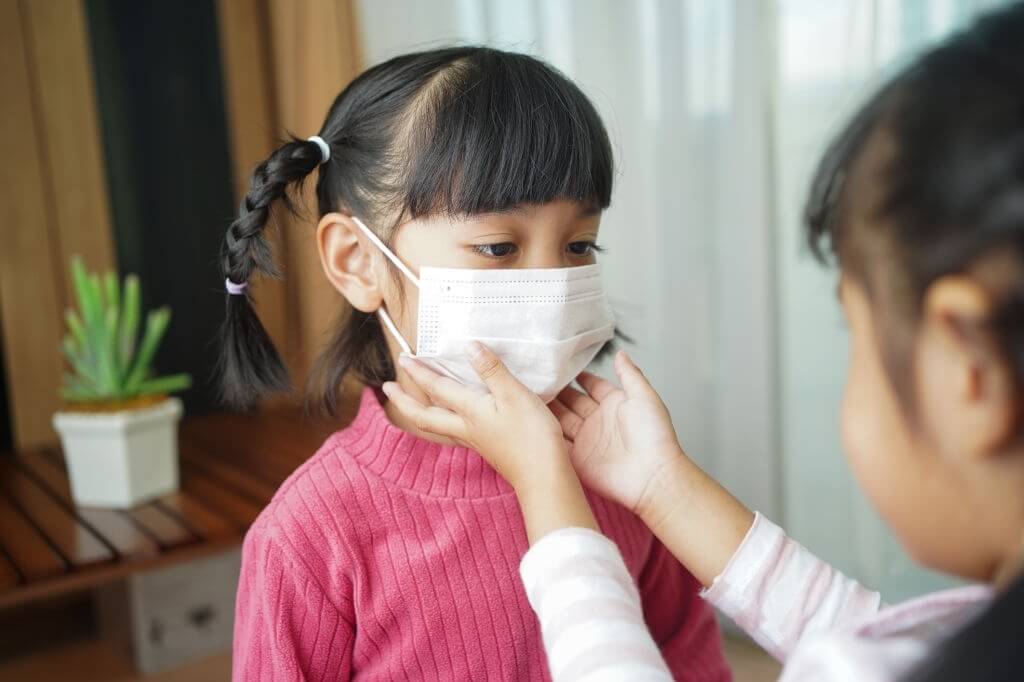Many districts around the country are putting in massive efforts to curb COVID-19 as children return to in-person learning. But issues like anxiety and stress are making their way in. Psychiatrists and doctors want parents to know that children may be stressed about last year’s pandemic and maybe bringing it with them into the school.
Children Are Bringing Anxiety And Stress From The Pandemic To Schools
Compared to the year prior, more parents reported mental health problems experienced in their kids in the pandemic year as depression paired with anxiety and isolation. According to the US Centers for Disease Control and Prevention, there has been a 31% increase in mental health problems in adolescents.
A developmental-behavioral pediatrician, Dr. Carol Weitzman, said that getting back in school and hanging out with their friends again could not make their mental health problems go away.

Boston Children’s Hospital’s Autism Spectrum Center’s co-director, Weitzman I said that there are a lot of kids ready to go back to school, but it is important to pay attention to children who are not and think about their needs to be eager for school again. Weitzman it’s also the developmental medicine division’s attending physician.
Weitzman, the Society for developmental-behavioral Pediatrics’ president and also attends patients at Center for Developmental Pediatrics, advised parents not to stay away from when their child is silent.
She has spent years talking to children with the types of mental health issues and she sees this as an opportunity for parents to make their relationships with their kids stronger and identify when children need help.
When CNN asked what issues need to be addressed as parents and kids are eager to return to school, Weitzman said that kids had more than a year of atypical and unusual experiences and suffered a lot of loss. This includes loss of social life, loss of new experiences, loss of learning, loss of day-to-day routine among many other things. To get back into normal rhythm, we will need a lot of adjustments.
In this. There have been a lot of upsetting, tragic and disturbing things. We cannot overlook these things while going back to school. Kids need to figure out and learn to adjust their conflicting feelings.
She said that it is OK to be enthusiastic and looking forward to going back to normal things but we still carry a lot of sorrow and loss and anxiety from the pandemic. We have to feel both of these things without overlooking any.
CNN asked about data from the National Institute of Health data reporting more than 1.5 million children losing someone closer to them. To this, Weitzman said that we are good at recognizing grief when we see it. It shows up when kids are fearful or want to talk about the loss. Changes in kids can come up in various ways like sleeping and eating habits, daily habits and we may witness anger issues. Kids may look irritable and inattentive. It can also reflect poor school performance.
It becomes essential to get to the root cause of trauma when we see noticeable changes in normal functioning as trauma may likely be still present. It becomes important to ask them about their problem when we see them functioning differently. When we do not ask, we make the mistake of assuming something when it can be another thing.
CNN asked what parents can say to their kids when they notice a change in their behavior. Weitzman said that parents need to maintain an interested, curious, and non-judgmental approach towards their children. They should avoid judging or fixing. Phrasing sentences becomes important. It becomes important to avoid negative language.
Rather than asking them why they’re behaving the way they are, parents should try to understand them and say it is OK to feel this way.